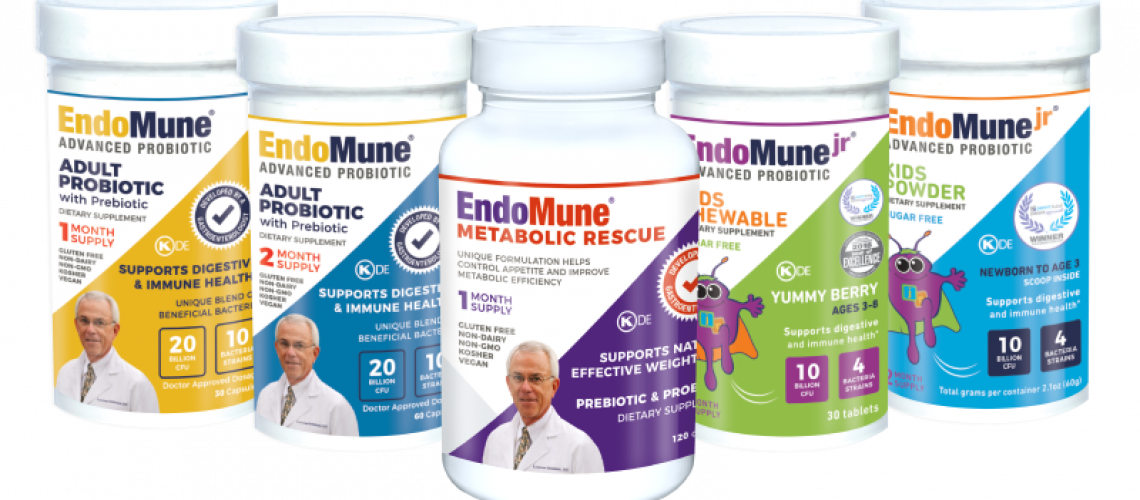Digest This
Click on the topics below to learn how probiotics can improve your digestive health, naturally.

IBS may ease struggle to diagnose celiac disease
- @drHoberman
- Digestive Health, Disease
Diagnosing celiac disease can be a long and frustrating process as doctors and patients struggle to identify the various triggers to this condition that plague the immune system.
A recent Journal of the American Medical Association Pediatrics (JAMA) study linking celiac disease to irritable bowel syndrome (IBS) in children could ease that process. At the same time, probiotics containing bifidobacterium are promising for treating patients with these dual conditions.
This is good news for celiac sufferers as the National Foundation for Celiac Awareness reports that 83 percent of Americans with celiac disease are either undiagnosed or misdiagnosed. Many struggle for years with celiac-related health problems before understanding the root causes of their symptoms.
An immune reaction that damages the small intestine when certain people eat gluten — hence the growing interest in gluten-free foods — celiac disease can be difficult to treat because it affects everyone differently. Symptoms range from digestive problems to diarrhea, abdominal pain and even depression.
The study results
Based on blood tests taken by Italian researchers during the six-year study, 12 of 15 children who tested positive for celiac disease also suffered from IBS.
The benefits of this link between IBS and celiac disease are two-fold: Scientists suggest only IBS patients be tested for celiac disease rather than those suffering from functional gastrointestinal disorders (FGIDS), a cost-saving measure considering “screening tests are common, costs are substantial, and the yield is minimal.”
Another important benefit: Just like IBS sufferers, celiac patients may benefit from taking probiotics containing strains of bifidobacterium, according to a report in the Journal of Clinical Gastroenterology.
The benefits of bifidobacterium
In addition to following a strict gluten-free diet, a 2013 study concluded celiac patients experienced fewer problems with indigestion, constipation and reflux after being treated with bifidobacterium, demonstrating potential for improvement among untreated celiac patients.
Other findings have shown the presence of bifidobacteria in babies may affect the development of celiac disease later in life. For example, breast milk can stimulate the growth of bifidobacterial species in the guts of healthy infants.
Another study was conducted on infants who were related to at least one family member with celiac disease. It concluded that reduced amounts of bifidobacterium were found in patients who experienced an increased risk of developing celiac disease later in their lives.
Bifidobacteria has been used to treat numerous conditions:
- Atopic eczema in babies
- Flu-like symptoms in children
- Hepatitis
- Lactose intolerance
- Lyme disease
- Cancer
More good news: Bifidobacterium is one of the active strains of beneficial bacteria contained in EndoMune Advanced Probiotic and EndoMune Advanced Junior.
In addition to the multiple strains of beneficial bacteria, both EndoMune probiotics contain no dairy products, preservatives and artificial colorings and are gluten-free.
There Is An Endomune Probiotic For Every Lifestyle
-
EndoMune Metabolic Rescue
$44.95 -
EndoMune Advanced Probiotic
$42.95 -
EndoMune Companion Pack
$112.93









